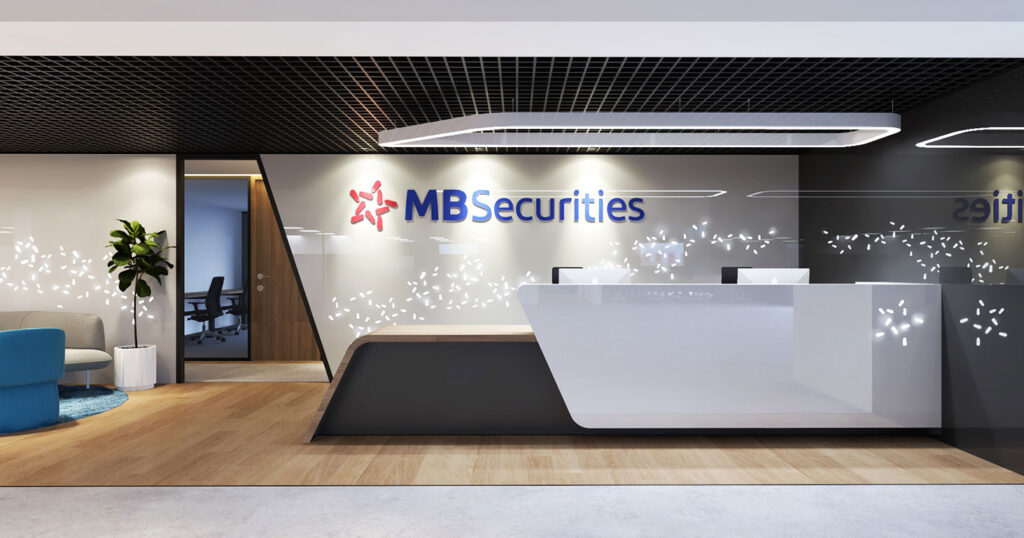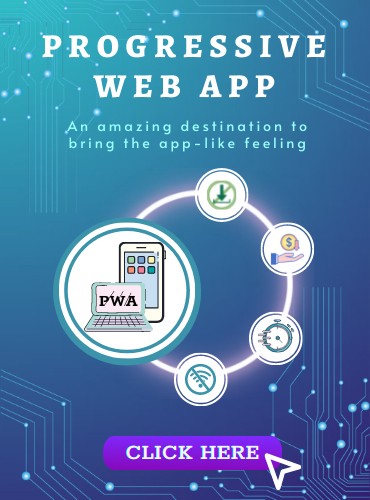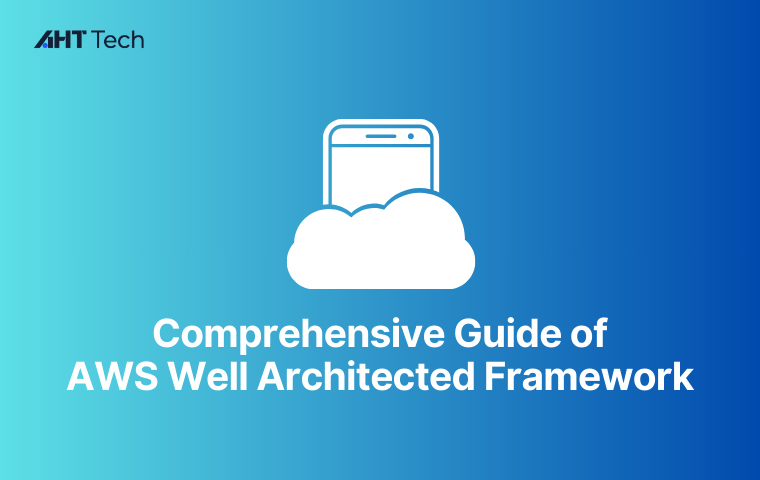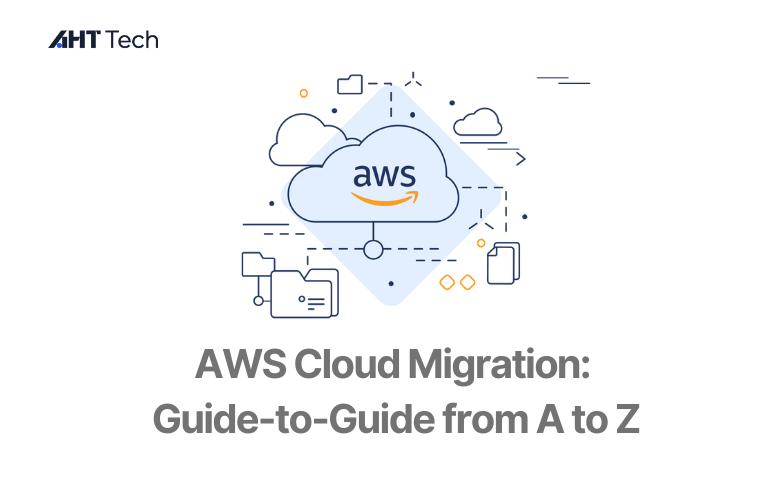CRM enterprise software has become essential for firms looking to streamline client relations. The world of CRM software for real estate is explored in this article, along with its importance for real estate agents, its advantages, and some of the best CRM software solutions on the market. By examining this subject, we hope to offer real estate professionals helpful tips and advice on using CRM software to increase productivity and improve client relationships.
What is CRM Software for Real Estate?
CRM software for real estate is a tailored software solution that empowers professionals to manage customer relationships efficiently. Its main goal is to offer a consolidated platform for organizing and storing crucial client information while keeping track of interactions. Real estate lead management, property listings, scheduling, and communication are just a few of the procedures that are streamlined by this specialist software. Real estate professionals can improve operational effectiveness, develop client relationships, and deftly handle the sector’s challenges using CRM software.

Do you need a CRM as a real estate agent?
Real estate agents must deal with many leads, clients, properties, and transactions, which can quickly become overwhelming. CRM software excels in just this situation. Utilizing a CRM solution enables you to keep track of all client interactions, property information, appointments, and follow-ups on one platform. Your ability to prioritize activities effectively, easily access vital information, and more effectively nurture prospects is all made possible by the CRM.
It helps you maintain control over your sales pipeline, spot prospective prospects, and give your customers individualized services. Using CRM, real estate agents can improve efficiency, increase output, and forge strong client relationships in a competitive market.
Read more:
Unleashing the Power of CRM Software for Retail Success
Utilizing Free CRM Software for Insurance Agents for Cost-Saving
Benefits of CRM Software for Real Estate
Implementing CRM software in the real estate industry brings a multitude of benefits that streamline operations and drive success, including:
Enhanced organization: Streamlining data management
Thanks to CRM software, real estate workers can access a structured and organized database of clients, properties, and transactions. Centralizing this information, saves the trouble of looking through numerous spreadsheets or files. Agents may save time, minimize mistakes, and swiftly retrieve the information required with quick and simple access to vital data.
Streamlined communication: Strengthening client interactions
A CRM system centralizes communication channels like calls, messages, and emails to ensure that each client interaction is recorded. Agents can give better follow-ups and individualized communication thanks to this thorough background. It makes it easier for team members to work together seamlessly, which enhances coordination and increases client satisfaction.
Efficient lead management: Capturing and nurturing leads seamlessly
CRM software streamlines lead management by automating lead capture from numerous sources and offering a systematic lead-tracking approach. Agents can assign leads to specific team members and establish follow-up reminders to ensure no opportunity is lost. This simplified procedure increases lead conversion rates and best uses available resources.
Improved customer service: Personalization and prompt assistance
Businesses can provide excellent customer service thanks to CRM software for real estate. Agents can make individualized recommendations and anticipate customer needs by accessing client preferences, property specifications, and communication history. This catered level of care encourages repeat and referral business creates long-term connections, and improves customer satisfaction.
Data-driven insights: Making informed business decisions
CRM software for real estate produces thorough analytics and reports on sales success, lead conversion rates, and other essential variables. Real estate professionals may recognize patterns, assess the success of marketing initiatives, and make wise business decisions thanks to these data-driven insights. Using this data, agents may improve their plans, spend resources wisely, and maintain an edge over rivals.
Best CRM Software for Real Estate
Several excellent choices stand out when choosing the best real estate CRM software. These software solutions offer various features and functionalities that boost productivity and efficiency while being specifically created to fit the unique requirements of the real estate business.
Odoo
In real estate, Odoo CRM is a feature-rich software program to optimize management and sales services. Odoo has several features that are designed with real estate experts in mind. Along with parts for marketing automation and customer assistance, the platform offers tools for managing properties, listings, and contacts.

Pros
- A customizable and flexible platform that can be tailored to specific real estate workflows.
- Integration with other Odoo modules for seamless end-to-end business management.
- Offers marketing automation features to streamline lead nurturing and campaigns.
- User-friendly interface with intuitive navigation.
Cons
- Advanced features may require additional modules, leading to increased costs.
- Initial setup and configuration may require technical expertise.
- Pricing can be higher
Pricing
- Free Trial
- Standard Version: $7.25 per user/month
- Customizable Version: $10.90 per user/month
Zoho CRM
Zoho is a widely recognized and popular CRM software for real estate professionals. It provides modules for lead management, contact management, email marketing, and analytics. The software integrates with other Zoho applications, offering a complete suite of tools for real estate agents.

Pros
- Easy-to-use interface with a minimal learning curve.
- Robust lead management capabilities for effective lead tracking and nurturing.
- Seamless integration with other Zoho applications
- Extensive customization options to adapt the software to specific real estate workflows.
Cons
- Some advanced features may require upgrading to higher-priced plans.
- Integration with third-party apps can be limited
- Support response time can sometimes be slow.
Pricing
- A free version with limited features
- Standard Version: $14 /user/month billed annually
- Professional Version: $23 /user/month billed annually
- Enterprise Version: $40 /user/month billed annually
- Ultimate Version: $52 /user/month billed annually
Pipedrive
Pipedrive is a user-friendly CRM software for real estate known for its intuitive interface and visual pipeline management. Real estate professionals can track leads, deals, and activities, making prioritizing and closing sales easier.

Pros
- Visual pipeline management provides a clear overview of sales stages.
- Intuitive user interface and easy navigation contribute to user adoption.
- Extensive customization options to tailor the software to specific requirements.
- Integrates with various third-party applications, enhancing functionality.
Cons
- Advanced reporting capabilities are limited in lower-tier pricing plans.
- Some users may find the automation features less robust
- Additional features may require integration with third-party applications.
Pricing
- Professional Version: $49.90 /user/month billed annually
- Power Version: $59.90 /user/month billed annually
- Enterprise Version: $74.90 /user/month billed annually
Bitrix24
Bitrix24 offers a comprehensive CRM solution with features such as lead management, email marketing, and telephony integration. It provides tools suitable for real estate teams handling multiple projects and offers project management capabilities alongside CRM functionalities.

Pros
- An all-in-one platform that combines CRM with project management tools.
- Extensive collaboration features, including document sharing and team communication.
- Customizable workflows and automation options.
- Offers a free plan with basic CRM features.
Cons
- The user interface can be overwhelming for some users due to the abundance of features.
- Some advanced features may require upgrading to higher-priced plans.
- Limited integrations with third-party applications compared to other CRM options.
Pricing
- A free plan includes limited features
- Basic Version: $49 / 5 user/month
- Standard Version: $99 /50 user/month
- Professional Version: $199 /100 users/ month
- Enterprise Version: $399/ 250 users/ month
HubSpot CRM
HubSpot CRM provides a free version with basic CRM functionality and an intuitive user interface. Effective contact and interaction management is made possible for real estate brokers. To give real estate professionals a complete solution, HubSpot CRM smoothly connects with the company’s other technologies, such as marketing automation and customer care.

Pros
- Free version available with essential CRM features.
- User-friendly interface and easy navigation.
- Integration with HubSpot’s marketing tools for lead generation and nurturing.
- Robust reporting and analytics capabilities.
Cons
- Advanced features like email sequences and advanced automation may require upgrading to paid plans.
- Limited customization options compared to some other CRM software.
- Some users may find the integration with third-party applications less extensive.
Pricing
- A free version with core CRM features
- Profesional Version: $1,600/month
- Enterprise Version: $5,000/month
Tips to Choose the best-fitted CRM Software
Choosing the best real estate CRM software may considerably impact your business’s effectiveness and profitability. Making a pick might be challenging given the wide range of options on the market, so it’s essential to consider some things. You may choose the best CRM program for your real estate needs by following this important advice:
Define your requirements
Determine your unique needs and difficulties first. Consider elements like reporting, property listings, communication channels, lead management, and contact management. Your choice of CRM software will influence your understanding of your demands and how they relate to your business objectives.
Ease of use and customization
Choose a CRM program that has an easy-to-use UI and simple navigation. The program should be simple to use and comprehend so that your team can quickly become used to it and use its advantages. Ensure the program can also be customized to fit your real estate workflows.
Integration capabilities
The CRM software’s ability to integrate with other crucial tools and systems you employ, such as email marketing platforms, document management systems, or accounting software, should be considered. Reduced manual work, increased efficiency, and a unified workflow benefit from seamless integration.
Mobile Accessibility
Look for CRM software that has responsive online interfaces or mobile applications. This allows you and your staff to handle work, access important information, and communicate with clients while on the go.
Scalability and flexibility
Select a CRM system that will grow with your company as it expands. Consider the software’s capacity to serve users, handle more data, and adjust to shifting business needs. As your demands change, a flexible CRM solution enables customization and adding additional features or modules.
Training and support
Examine the CRM software vendor’s training and support choices. Make sure they provide specific tools, training, and customer support to help you adopt and utilize the product successfully. For the benefits of your chosen CRM software to be fully realized, adequate training and continuing support are essential.
Security and data privacy
In the real estate industry, confidential customer information is handled. Ensure the CRM software you select has adequate security controls to guard against unwanted access, security breaches, or data loss. To protect your clients’ information, look for features like encryption, user access limits, and regular data backups.
Pricing and affordability
Examine your spending limit and contrast the cost schedules provided by various CRM software vendors. Consider each plan’s features and capabilities as you evaluate its worth to your company. Aim for straightforward pricing models and steer clear of any additional fees that might be associated with other modules or user licenses.
Conclusion
CRM software for real estate is a powerful tool that can significantly boost agents’ efficiency, productivity, and customer relationship management. By leveraging the benefits of CRM, real estate professionals can streamline their processes, nurture leads effectively, and provide personalized services to clients. Investing in the right CRM software can be a game-changer for real estate businesses, helping them stay ahead in a highly competitive industry.
Implementing the best real estate CRM software have several challenges, so your business needs a partner to utilize talented employees. Contact us today to boost your productivity!












